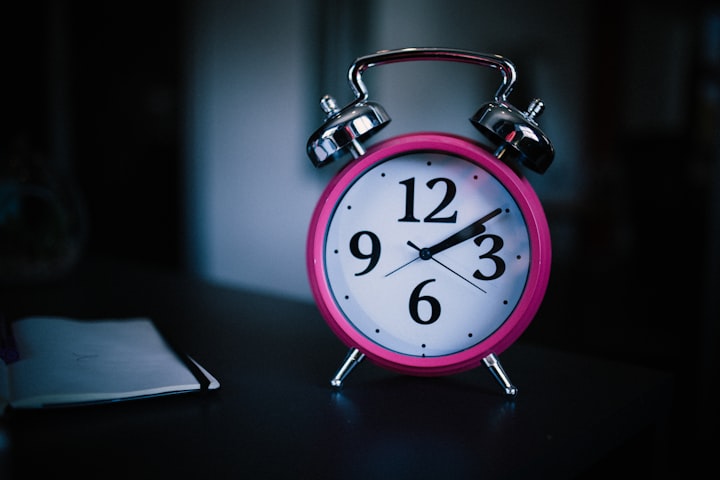
New Year, New You right? Ugh, it is resolution time. Another pressure to improve oneself that comes with the expected question at the start of every year…What is your New Year’s Resolution? I think that after surviving another year, we need to look at resolutions another way. Let’s make a resolution to be kinder to ourselves, which will naturally extend to others.

Let’s talk about revenge bedtime procrastination. What's this? It is fighting sleep to control some part of your day...the very end of it. It starts off small. You stay up to play on your phone, or catch up on your favorite shows. Next thing you know, ten or fifteen minutes turns into an hour or two. This really isn’t a new issue for some people. However, COVID really has brought to light a lot of mental health issues where now four in ten adults in the U.S. reported symptoms of anxiety or depression. Economic downturns, job losses, work at home, and remote school days (to name a few) have changed everyone’s daily schedule. Everyday life is more overwhelming to say the least.
So, our minds come up with a way to survive. How? By taking revenge on the day by staying up longer at night, gives people a sense of control over your life with some “me” time. While this may seem like a good thing to take time out for relaxation or self-care, if it gets in the way of quality sleep, it really isn’t self-care, is it?
Negative Effects of Revenge Sleep Procrastination
• Feeling fatigued the next day
• Trouble staying alert during the day
• Impaired memory
• Relationship troubles
• Depression
• Anxiety
• Increase in procrastination
• Insomnia
Signs of Revenge Sleep Procrastination
While unintentional for most, the main sign you are doing it is that you are actively putting off your bedtime in order to do something you find relaxing. A healthy amount of sleep for adults is seven to nine hours each night. So, if you are not getting this amount of sleep or you are consistently compromising your sleep and feeling tired the next day.

So, let’s make a resolution to be kinder to ourselves, by resolving to get sleep back on track by considering the following:
• Make time during the day for relaxation instead of at night. Take a ten minute walk after a meeting, practice some deep breathing exercises several times a day, or take small breaks throughout the day instead of just a long lunch.
• Start a new bedtime routine that starts with relaxation but doesn’t delay you getting to bed or get in the way of you sleeping plenty of hours.
• Try to avoid stimulating screens right before bed, such as your cellphone, or TV
• Say “no” to unnecessary tasks so you can free up your time during the day and ultimately the night
• Incorporate white noise or relaxing music before bedtime to help you relax
• Reduce and avoid stimulating activities, caffeine, tobacco, alcohol, and/or heavy meals right before bedtime
• Create a separation from home life and work life. Setting this boundary will help you decompress during your work day. This will help feel more relaxed while ending your day and make you less likely to put off sleep.
• Change your mindset to make sleep a priority. This will help you initially and continue to make an effort to break this habit of putting off sleep or bedtime
• Make your bedroom comfortable. Soft colors, comfy mattress, cool temperature will all help set the mood for a restful sleep.
• Minimize napping during the daytime. Napping can make it harder for you to go to bed at the time you should be sleeping.
• Wake up earlier. This will can help “reset” your clock and prompt your body to feel tired and need sleep.
• Supplements might be helpful in reducing the time it takes to fall asleep, such melatonin and magnesium. Consult your doctor before starting any new supplement for advice on what it best for you.
While seemingly harmless, decompressing after a long day to stay up and watch another episode on Netflix should be stopped. Do something else to relax and actually get to sleep. While downtime is important, sleep is necessary to allow your body and mind the necessary time and space to restore itself for the next day.
************************************
If you liked my writing, please click on the small heart underneath, near my name. Or send me a tip and let me know you enjoyed it.
Please click the link below my name to read more of my work. I would also like to thank you for taking the time to read this today and for all your support.
About the Creator
Cindy Ave
she/her, writer, poet, beta reader
P.S. most content is just here for Vocal challenges






Comments
There are no comments for this story
Be the first to respond and start the conversation.